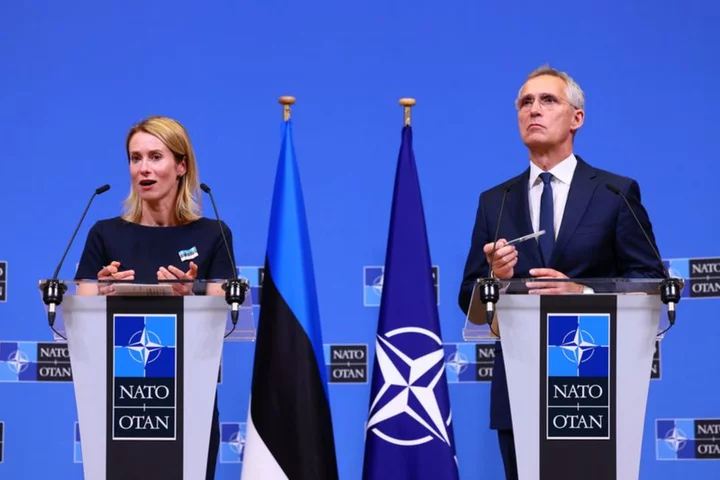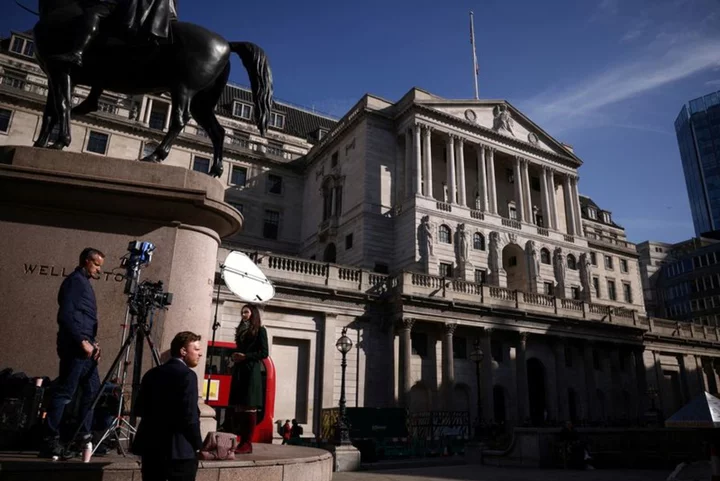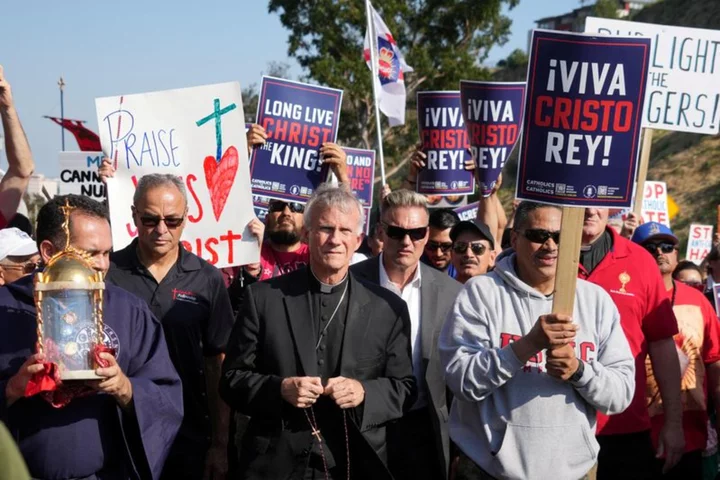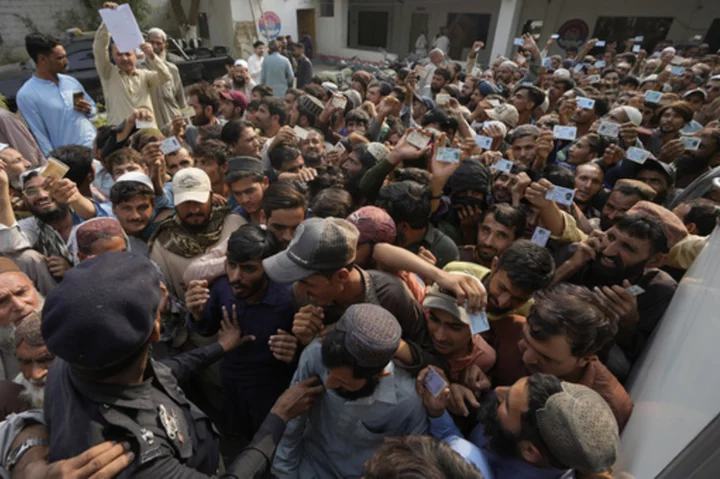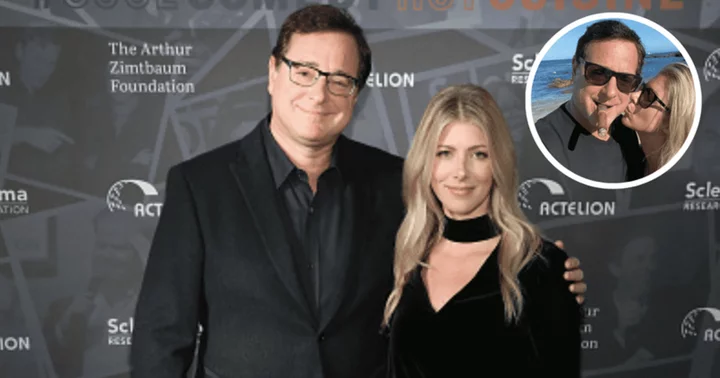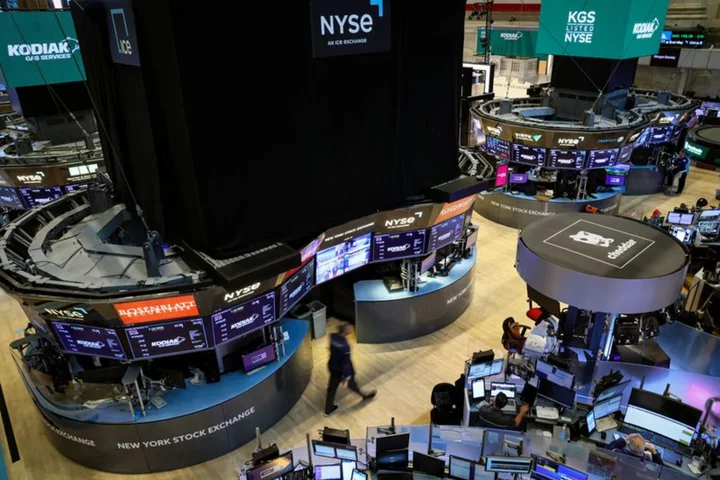By Andrew Gray and Bart H. Meijer
BRUSSELS (Reuters) -European Union leaders gathered on Thursday to discuss the aborted mutiny in Russia and debate what role the EU could play in long-term Western commitments to bolster Ukraine's security.
Arriving for a summit in Brussels, leaders said they remained committed to supporting Ukraine in the war triggered by Russia's invasion of its neighbour in February last year.
"We have to prepare ourselves that this can last for a long time," German Chancellor Olaf Scholz told reporters.
"It's important that we consult and say we're ready to hold on for the long term, with financial and humanitarian support that's necessary for Ukraine but also when it comes to weapons," he said.
NATO Secretary General Jens Stoltenberg joined the leaders for a working lunch and Ukrainian President Volodymyr Zelenskiy was also expected to address the summit by video link.
The two-day summit is a regular gathering of the EU's 27 national leaders, with a range of topics including migration, economic security and relations with China all on the agenda.
But the dominant topic is the war in Ukraine, with leaders also discussing how last weekend's aborted mutiny by the Wagner mercenary group could affect Russia.
Several leaders said they would be keeping a close eye on Belarus, where Wagner chief Yevgeny Prigozhin has been exiled.
Some also said the mutiny had weakened Putin but this did not mean the West could relax.
"A weakened Putin is a greater danger," EU foreign policy chief Josep Borrell said. "An unstable Russia becomes also a risk."
UKRAINE SECURITY
Many leaders stressed the mutiny was an internal Russian matter and the EU should press ahead with its support for Ukraine regardless.
The nature of that assistance is also on the table in Brussels as Western countries work on a package of long-term assurances to provide weapons, equipment, ammunition, training and other military aid to Kyiv.
A draft of the summit conclusions said the EU and its members were ready to contribute to future security commitments to Ukraine, to "help Ukraine defend itself in the long term, deter acts of aggression and resist destabilisation efforts."
Diplomats said France - a champion of a greater security role for the EU - had proposed the text, saying that the idea was to build on EU initiatives such as a fund that bankrolls military aid to Kyiv and a training mission for Ukrainian soldiers.
But the text caused concern among militarily non-aligned EU members - such as Austria, Ireland, Malta and Cyprus - and among staunch supporters of transatlantic cooperation such as the Baltic states, who insist European security is primarily a matter for NATO.
"For us as neutral states it is clear we can't give security guarantees like that. Austria, Ireland, Malta and Cyprus have made it clear they have objections," Austrian Chancellor Karl Nehammer said on his way into the summit.
"We will certainly discuss this and we will find formulations that will be acceptable for us as well."
Countries including the United States, Britain, France and Germany are discussing possible security assurances for Ukraine ahead of a NATO summit next month in Vilnius, Lithuania.
Dutch Prime Minister Mark Rutte said any EU role was still up for discussion.
"We will have to discuss how far it goes, and if it would be lethal or non-lethal support. And we have to take into account that several EU countries are not a member of NATO," Rutte said.
(Additional reporting by Julia Payne, Marine Strauss and Sabine Siebold; Editing by Cynthia Osterman)

